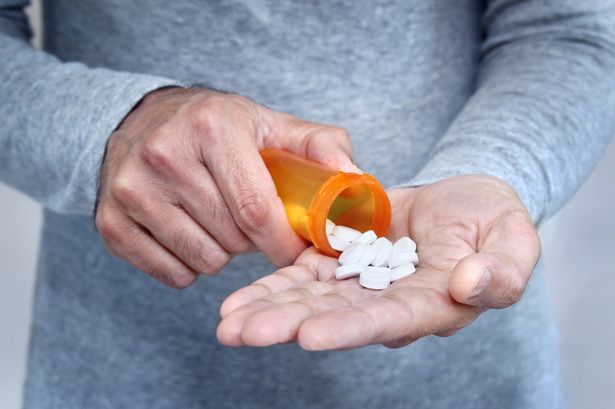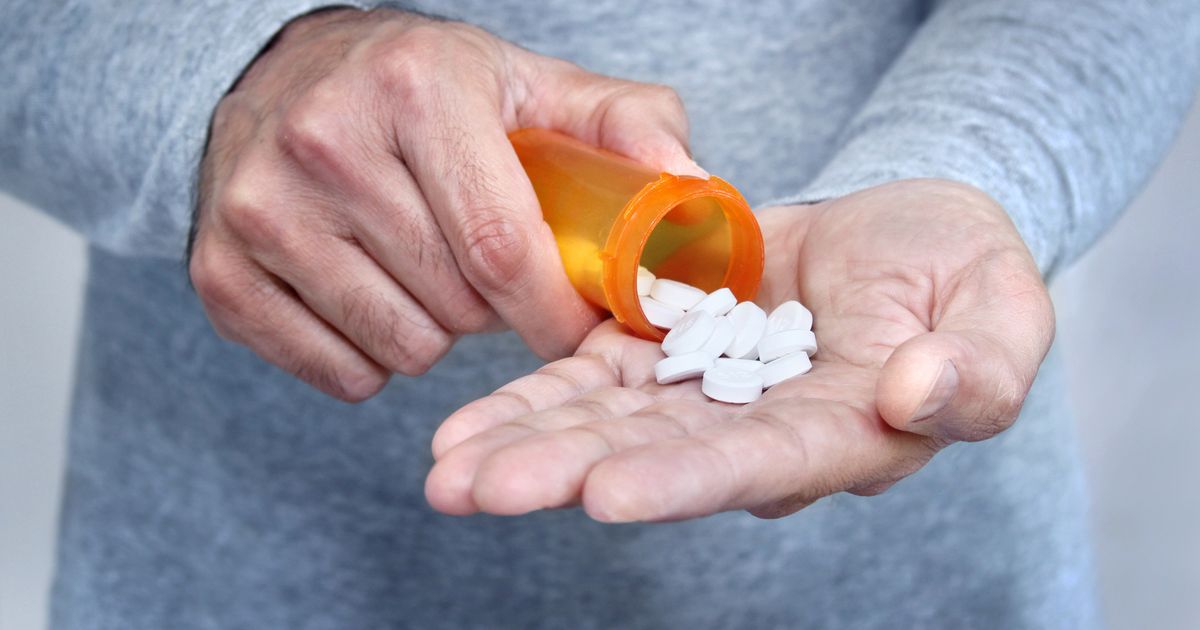Motorists should check their medication before getting behind the wheel.Lynn Love Lifestyle Writer and Luke Chillingsworth
11:02, 22 Jul 2025
 Drivers could be ‘banned’ from the roads for taking certain medications(Image: Getty Images/iStockphoto)
Drivers could be ‘banned’ from the roads for taking certain medications(Image: Getty Images/iStockphoto)
Experts are warning drivers the DVLA could stop them from getting behind the wheel if they are taking any of these three common medications. Posting on their website, GOV.UK states driving under the influence of certain prescription medicines can be just as serious as illegal drugs.
Greg Wilson, founder of car insurance experts at Quotezone.co.uk said motorists taking opioid painkillers, tranquillisers or antidepressants could be impacted by the law.
If they are found to be under the influence of these meds, the expert said motorists will be recommended to “avoid driving” even if the medications have been prescribed.
Although the drugs are legal to take, they could be impairing motorists ability to drive and motorists must speak with their GP before getting behind the wheel.
Greg added: “If you are on strong medications, it is likely that you will be recommended to avoid driving.
“Opioid painkillers, tranquillisers, and certain antidepressants are examples of medicines that can affect driving ability – as well as those that cause drowsiness or say ‘do not operate heavy machinery.”
GOV.UK stressed there was a much bigger list of potential medications and drugs that could become a serious issue.
They warned that anyone prescribed amphetamines such as dexamphetamine or selegiline should also speak to a health professional before driving.
They also warn that those on clonazepam, diazepam, flunitrazepam, and lorazepam could also be affected. Finally, those prescribed methadone or morphine, oxazepam or temazepam should speak to experts.
GOV.UK said: “It’s illegal in England, Scotland and Wales to drive with legal drugs in your body if it impairs your driving.
“It’s an offence to drive if you have over the specified limits of certain drugs in your blood and you have not been prescribed them.”
 Join the Daily Record WhatsApp community!
Join the Daily Record WhatsApp community!
Get the latest news sent straight to your messages by joining our WhatsApp community today.
You’ll receive daily updates on breaking news as well as the top headlines across Scotland.
No one will be able to see who is signed up and no one can send messages except the Daily Record team.
All you have to do is click here if you’re on mobile, select ‘Join Community’ and you’re in!
If you’re on a desktop, simply scan the QR code above with your phone and click ‘Join Community’.
We also treat our community members to special offers, promotions, and adverts from us and our partners. If you don’t like our community, you can check out any time you like.
To leave our community click on the name at the top of your screen and choose ‘exit group’.
If you’re curious, you can read our Privacy Notice.
Officials stressed that drivers could be prosecuted if road users drive with certain levels of drugs in their body. The police can do stops and ‘field impairment assessments’ if they have reason to believe a person is on drugs.
This consists of a series of tests including walking in a straight line. Penalties for drug driving include a minimum one-year driving ban and an unlimited fine.
Officials stress that a conviction for drug driving would also lead to a significant increase in car insurance costs.
Road safety campaigners at Brake previously wrote: “Many prescription and over-the-counter medications impair ability to drive safely, for instance causing drowsiness, affecting reaction times, coordination, concentration or vision.
“Warnings on medication can be vague or in small print only. They may indicate there is a risk of impairment but not relate it to driving. They may leave it to the user to judge their own level of impairment (which can be hard).”
Don’t miss the latest news from around Scotland and beyond – Sign up to our newsletter here.

